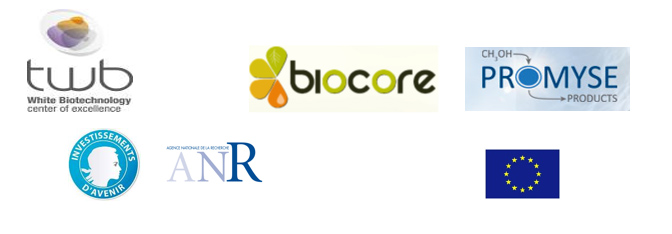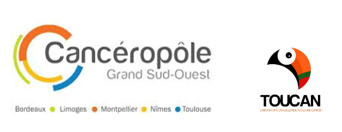Cohort
One of the main challenge regarding non communicable diseases in the 21st century is to understand their complexity and the dynamics of their developments. In order to make a significant step towards this understanding, it is essential to move from few measurements on few people to vastly increased measurements at a population scale. In this context where metabolomics is now recognized as a powerful phenotyping tool in medical and nutrition research, MetaboHUB is fully engaged in delivering high value service for collaborative projects within cohorts. Contacts were first initiated with the French infrastructure Constances cohort; collaborations will be developed when the biobank will be available in 2017. As a first step to establish a proof of concept, an international project using the NuAge Canadian cohort (Quebec Longitudinal Study on Nutrition and Aging) was built to validate the MetaboHUB integrative metabolomics approach. It consists in proposing a lipidomic and metabolomic phenotyping, statistical methods for longitudinal studies and data integration, metadata and data management, as well as bioinformatic workflows. The NuAge cohort is unique at an international level as it included the follow-up over 5 years of more than hundreds of subjects with longitudinal biological sampling associated with more than thousand metadata. This project will allow integrating metabolomic data with available variables of the NuAge database (socio-demographic, clinical, biochemical parameters, and food habits) to build multidimensional models and identify early/predictive biomarkers of metabolic diseases.

White biotechnology
White biotechnology and synthetic biology represent a major driving-force for the development of quantitative metabolomics and fluxomics with the aim to comprehensively understand biological systems in order to develop advanced strategies for the (re)design and implementation of novel enzymes and novel metabolic pathways with desired properties. As a key challenge in this field, significant efforts are made in MetaboHUB to increase the capability to perform high-throughput metabolic flux analysis, with strong emphasis on the automation of the entire methodological workflow. To date, our achievements allow a 20 fold increase in the number of strains or conditions which can be analyzed, representing a major advance in the field. These developments were made in coordination with major French laboratories in this field (e.g. LISBP, Toulouse) and with the preindustrial demonstrator Toulouse White Biotechnology (TWB, Toulouse), another PIA project, which facilitates the translation of the novel methods to scientific projects. Thanks to our achievements and to the translation schema that was set-up, we can provide support for fluxomics to an increasing number of national and European projects in the fields of white biotechnology (TWB project THANAPLAST), biorefineries (EU project BIOCORE), and synthetic biology (EU project PROMYSE, EraSysApp project METAPP, ANR Bioresources and Biotechnology SYNTHACS, TWB projects CARBOYEAST, SYNTHOL). An important benefit of our achievements is the capability to address an increasing demand for fluxomics from private companies, and we have recently started projects for both large companies (SANOFI-PASTEUR, SANOFI-AVENTIS) and start-ups or SMEs (EVOTEC, ENOBRAQ, DEINOVE), thereby improving their innovation potential and economic competitiveness.

Crops

Cancer
Driven by recent major discoveries in cancer research, putting strong emphasis on the multiple roles of metabolism in this disease, the demand for metabolomics, and more specifically for isotopic profiling and fluxomics has become very strong in this field. In coordination v, we have developed strategies adapted to the fluxome profiling of cancer cells. Pilot projects on the chemoresistance of leukemia (INCA project FLEXAML) and on melanoma allow benchmarking these developments and validating their biological relevance. Currently these approaches are being transferred to other cancer types (pancreas, hepatocarcinoma). They are also included in a RHU (Recherche HospitaloUniversitaire en santé) proposal (MODAL) that was recently submitted on Acute Myeloid Leukemia. They are now also applied to support projects from private companies (SANOFI-PASTEUR, EVOTEC).
